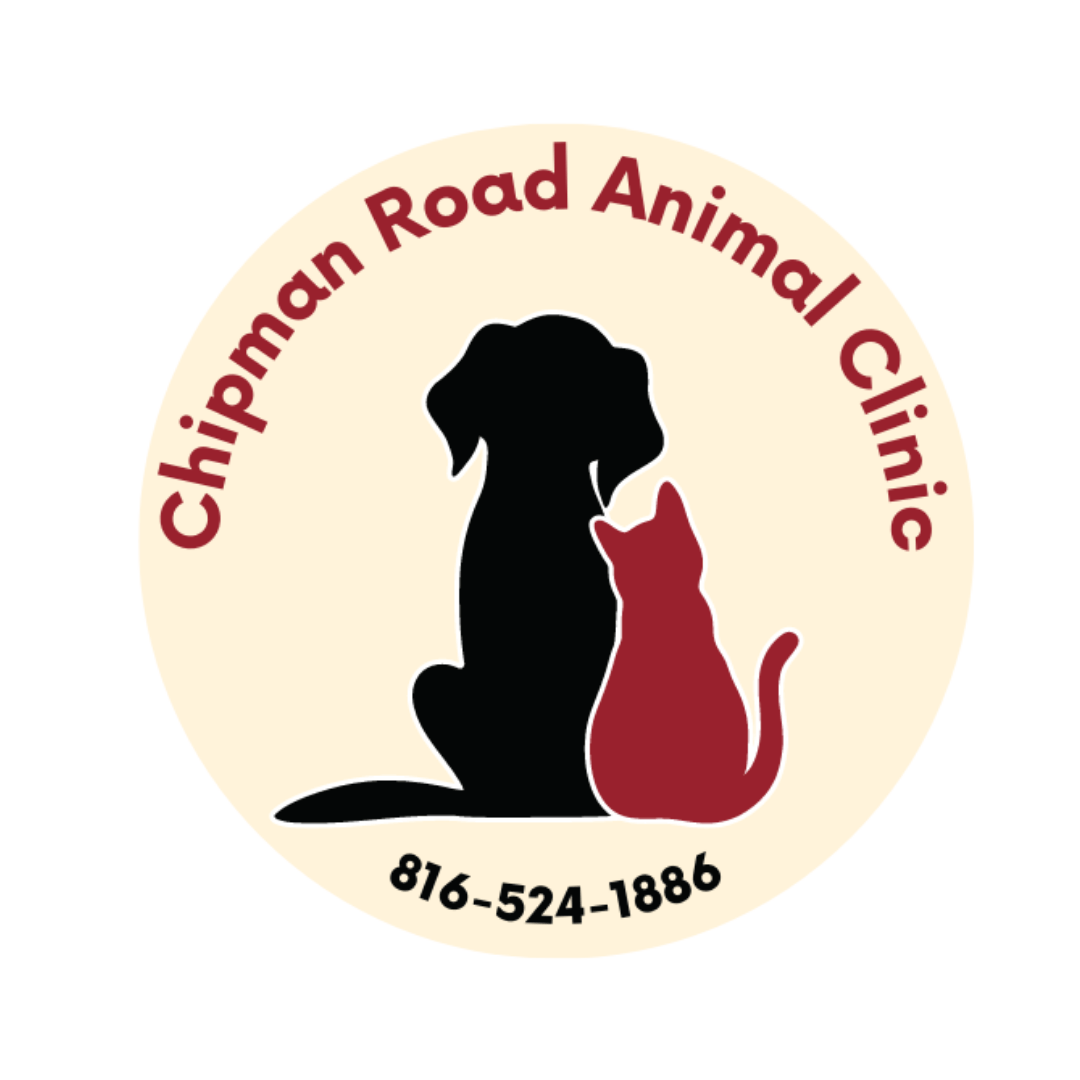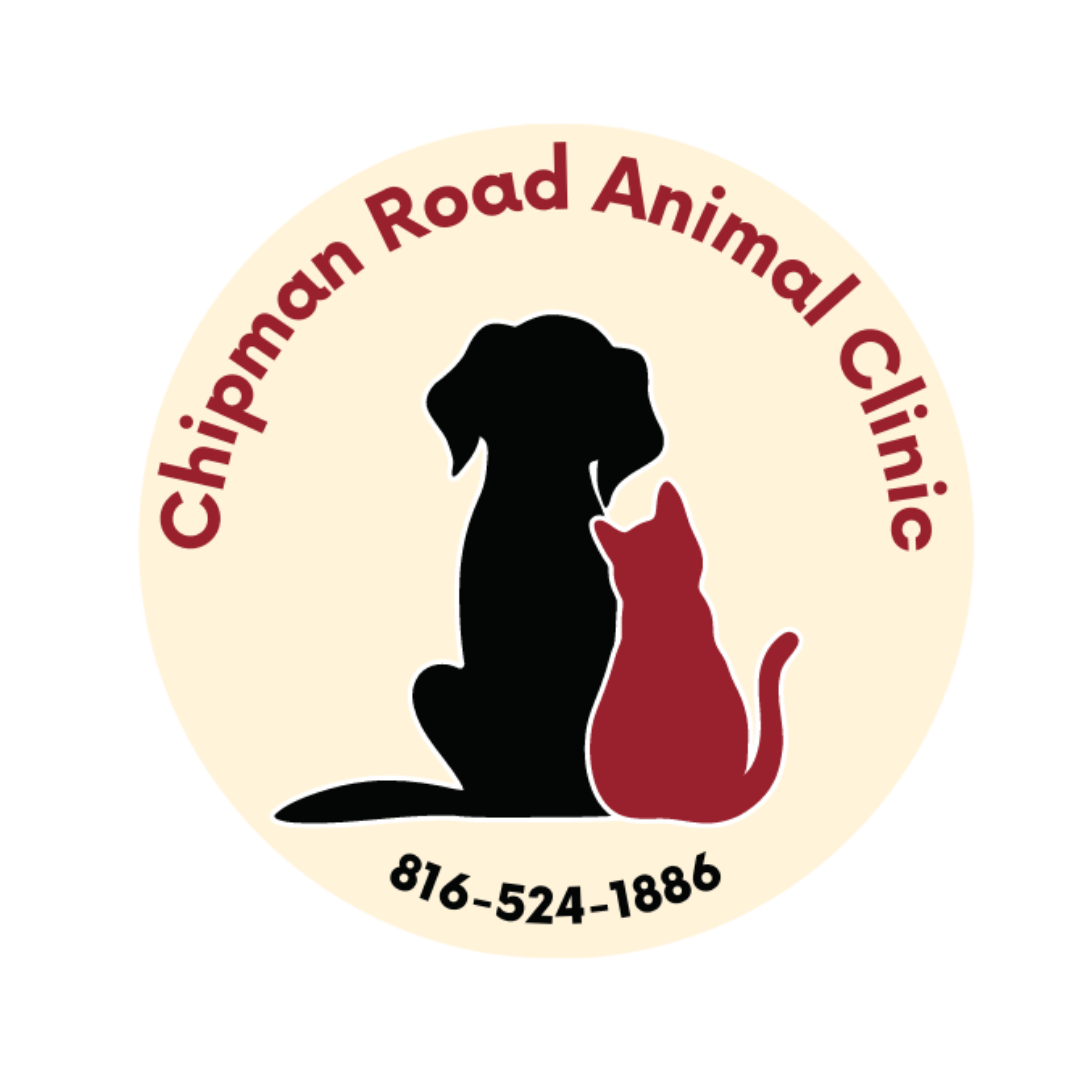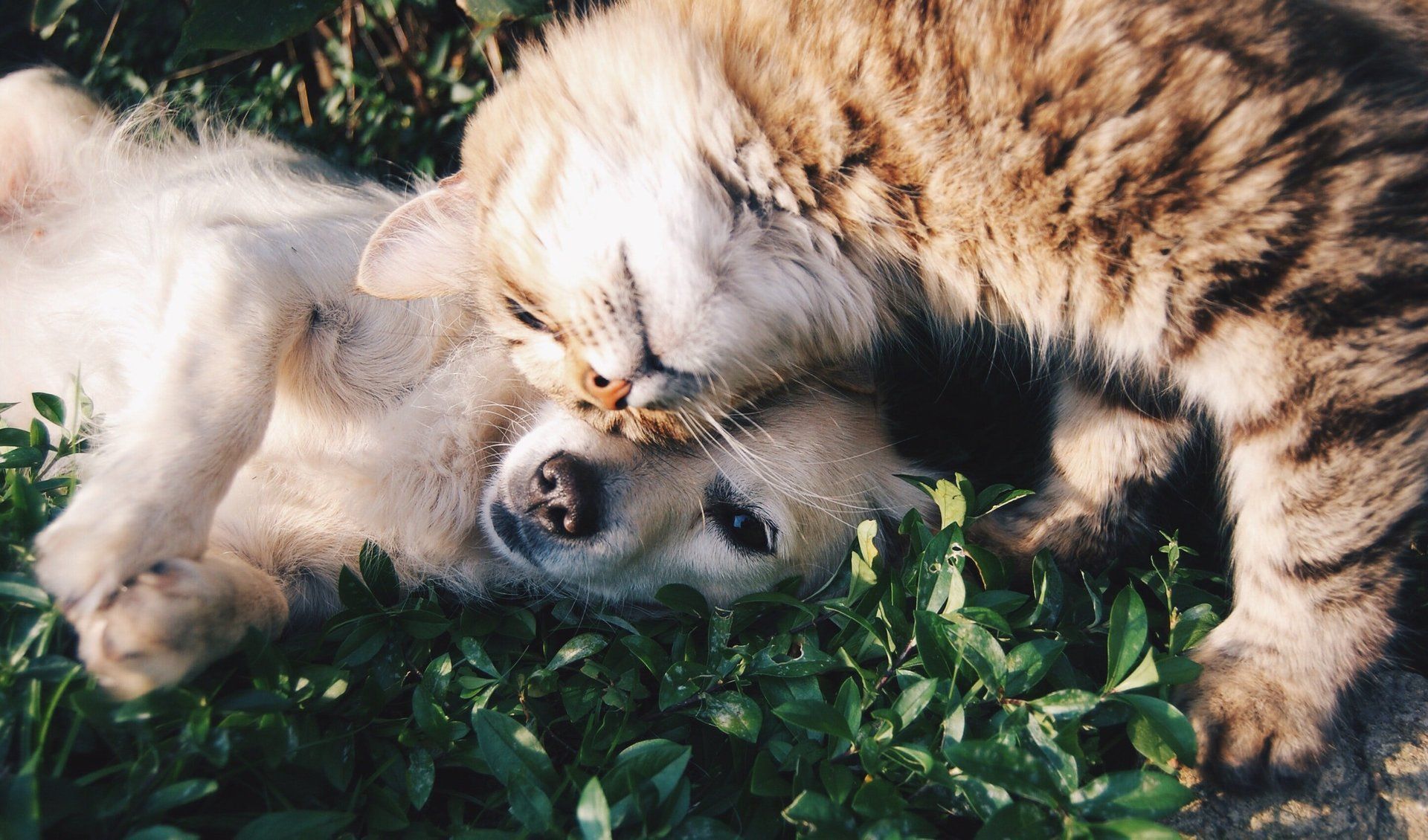Give Your Kitten a Healthy Start at Chipman Road Animal Clinic
Chipman Road Animal Clinic will keep your kitty purring with perfect health from the first visit. During a kitten's first visit to the vet, you’ll receive a comprehensive examination, vaccination schedule, and advice on nutrition and behavior. Our veterinarians and staff members provide experienced, personalized care to build trust with your kitten. Each visit becomes smoother, setting a pattern of good health for a lifetime. You will also have peace of mind knowing your pet is in capable hands.
Gentle, Stress-Free Care for Your Kitten’s First Vet Visit
A kitten’s first visit to the vet can feel overwhelming when you’re not sure what to expect. At Chipman Road, we realize those apprehensions and have created a calming environment to put you and your kitty at ease. Our kitten vet visits are delivered with gentle handling, clear communication, and in a calm atmosphere. Early kitten vet visits will help build confidence and ensure a healthy, happy life for your purr-muffin. Schedule that first visit when your cat is a young kitten.
What’s Included in Our Kitten Veterinary Care
Our comprehensive range of kitten vet visit services goes beyond the basics with compassionate care. From your kitty’s first wellness exam to personalized nutrition advice and future planning, our team will support the health of your kitten. Here’s what to expect during and after your kitten’s first visit to the vet:
First Kitten Wellness Exam
Your kitten's first vet visit sets the baseline for its long-term care with a full-body check for any early signs of health issues. From nose to tail, the veterinarian will inspect your kitty’s eyes, ears, teeth, skin, coat, heart, lungs, joints, and abdomen. The first wellness exam includes a weight check, temperature reading, and a check for parasites or infections. Build a relationship with the veterinarian team and ask about any kitten care questions you may have.
Ongoing Health and Wellness Checks
Consistent kitten vet visits track your pet’s growth and development while they are growing fast during their first year. Weight, physical changes, and behavior will be monitored to ensure your kitten's growth is optimal. These checkups will catch any health concerns early before they become serious. Checkups also help your kitten to be less stressed as they become accustomed to vet visits.
Core and Optional Vaccinations
Your veterinarian will recommend a vaccination schedule during your kitten's first vet visit. The first round of shots typically starts between 6-8 weeks of age and then every 3-4 weeks afterwards, until around 16 weeks old. Core vaccines include feline distemper (FVRCP) and rabies.
Optional vaccines include feline leukemia (FeLV), which may be recommended based on your kitty's lifestyle and risk factors. Sticking to the recommended vaccination schedule is important for your kitten’s development and ensures a strong immunity while they are most vulnerable.
Kitten Nutrition Guidance
Because your kitten is in a rapid growth phase, we’ll offer advice for choosing age-appropriate food rich in protein, fat, and nutrients. We’ll discuss proper portion sizes based on weight, activity level, and breed, as well as how to monitor weight gain to avoid under- or overfeeding. Hydration is also important. We’ll provide tips for keeping fresh water available and incorporating wet food if needed to keep your kitten well-hydrated.
Spay/Neuter Consultation
A kitten’s early care plan includes spay or neuter consultations. Kittens should be spayed or neutered between 4 and 6 months of age, depending on their breed and health status. These procedures prevent cancer, infections, and unwanted behavior, such as spraying or roaming. Our veterinarians will explain the process, recovery, and long-term health benefits to help you make an informed decision.
How Your Kitten’s Care Journey Works
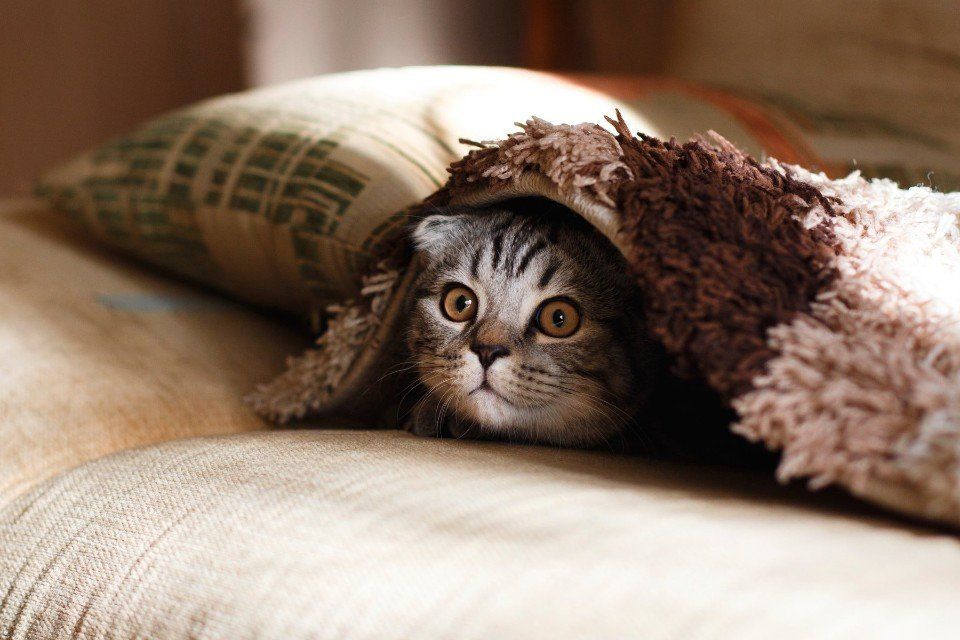

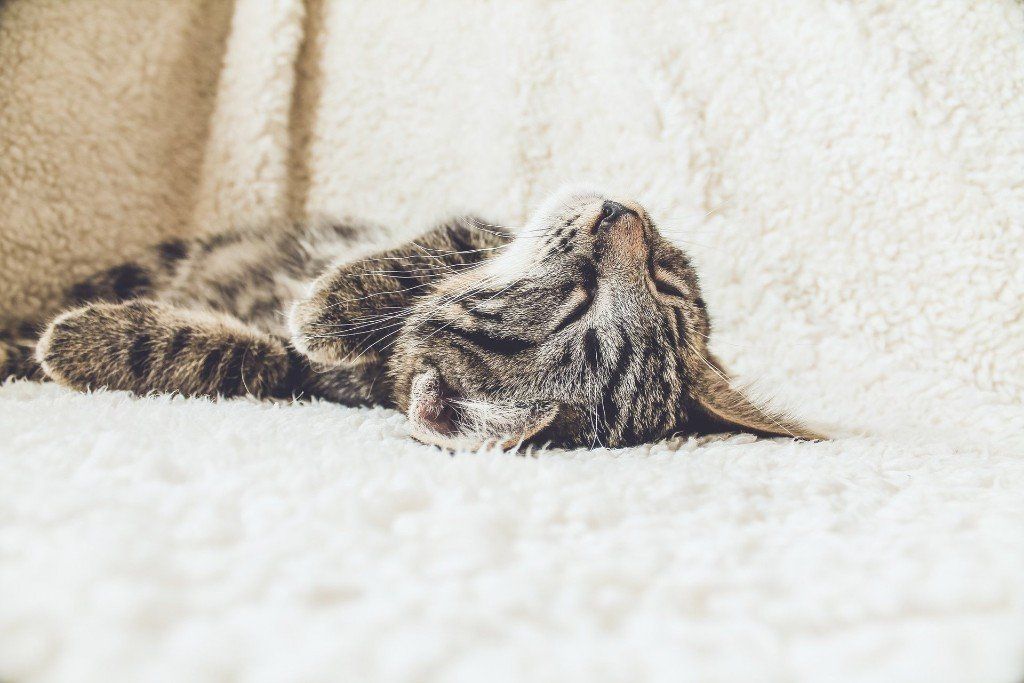

Kitten’s First Vet Visit Checklist:
- Night before: Gather any paperwork you received when adopting your kitten, especially medical records from a shelter or breeder. This helps our veterinary team understand their health history.
- Morning of: Be sure your kitten has eaten, used the litter box, and had a little time to play. A short play session can help release nervous energy and reduce stress before the visit.
- Walk in & Check In: No appointment is needed for your kitten’s first visit.
- Brief intake: Our team will ask a few questions about your kitten’s background, habits, and any concerns you may have.
- Wellness exam & vaccines: Your kitten will receive a gentle exam and any age-appropriate vaccines. On-site diagnostics are available if needed.
- Kitten vet visit schedule: Before you head home, we’ll help you schedule your next visit for follow-up boosters, screenings, or to discuss spay/neuter timing.
Being prepared helps ease your nerves—and that calmness can rub off on your kitten! Kittens are very perceptive and may mirror your emotions, so staying relaxed helps you both through this exciting (and sometimes a little scary) first visit.
Why Families Trust Us with Their Kitten’s First Vet Visit
- Care: From our walk-in policy to on-site diagnostics for most things and friendly staff, the goal at Chipman Road Animal Clinic is to create as smooth an experience as possible, especially for kittys first vet visit.
- Expertise: Chipman Road Animal Clinic has skilled and compassionate staff here to help you make the most of these fun kitten years and lay the foundation for a long and healthy life for your feline companion.
Want more reasons to come see us? See what our current patients say:
Excellent, my cat was very ill and they take walk ins, so my cat was well taken care of. They saved Tuxys life and I am so happy. They are kind, professional and very caring . I am so grateful . Also very reasonably priced. I will be going there with all of my animals . True gems!
Mary - Google
First-time visitor. I got there at opening, basically, and was warmly welcomed by staff. The whole process from getting established to seeing the Vet was super easy and friendly. Took just under an hour, and we were done and on our way home! If you're a new pet owner and have no idea where to go for care, like I am and was, this place seems great. Oh, I almost forgot, the price...was just as friendly!!
Christopher H - Google
This review is for my cats dental procedure. I want to thank the team for the cleaning and prompt updates before, during, and post surgery for tooth removal. My cat Abby since the time of the cleaning and tooth extraction, she has been doing great and I also noticed her being more active than before. I appreciate everything you all did including ladies at the front desk for getting everything processed and completed for my cat. Thank you again!
J.M. - Google
Kitten Care FAQs – What You Need to Know
What should I bring to my kitten’s first vet visit?
You should bring your kitten in a secure carrier along with any previous medical records you have. Fresh stool samples offer helpful information, and have your list of questions ready. For the best experience, ensure your kitten is well-fed, calm, and prepared for gentle care.
When should I schedule my kitten’s first appointment?
We recommend scheduling a kitten’s first appointment within the first week of bringing them home, or around 6 to 8 weeks old. Doing so will catch issues early and set your kitten on the right path.
How often do kittens need vet checkups?
Kittens should have checkups every 3-4 weeks until they are around 16 weeks old. This schedule will complete their vaccine series and monitor development. Beyond that, your schedule will be tailored to their needs as they grow older.
What vaccinations will my puppy need?
Essential vaccines:
- Rabies (Most states have legal requirements regarding rabies vaccinations.)
- Canine Distemper
- Canine Parvovirus
- Canine Adenovirus
Recommended for optimal health:
-
- Bordetella: If your puppy spends time in boarding or puppy daycare, this vaccine is highly recommended.
- Lyme disease: Most beneficial in hunting dogs or in areas with high tick populations.
- Leptospirosis: Another one good for hunting or working dogs, or dogs that spend time in standing water.
- Canine Influenza: Prevents respiratory infection and is important for dogs that do a lot of socializing with other dogs.
Can I get advice on kitten food and litter training?
Your kitten needs the right food for healthy growth and development.
Choose a high-quality kitten recipe rich in protein, fat, and essential nutrients. Avoid adult cat food until at least one year old.
Offer 3-4 small meals a day to support their energy needs and small stomachs.
Keep fresh water available at all times and consider mixing in wet food for hydration and variety.
As always, our Chipman Road Animal Clinic veterinarians are happy to recommend trusted brands and portion guidelines tailored to your kitten’s weight and breed.
Most kittens learn litter box habits quickly, but here are a few tips!
- Use a low-sided, easy-to-access litter box with unscented clumping litter
- Show your kitten where the box is, especially after meals and naps.
- Keep the box clean and in a quiet, low-traffic area
- When accidents happen, use gentle redirection consistently, and your kitty will be trained.
Visit Chipman Road Animal Clinic For Your Kitten’s First Visit
A journey begins with the first step! Chipman Road Animal Clinic is here to help you start on your kitten's health journey with confidence.
Feel free to
call us
or stop by for a walk-in appointment We look forward to seeing you soon
